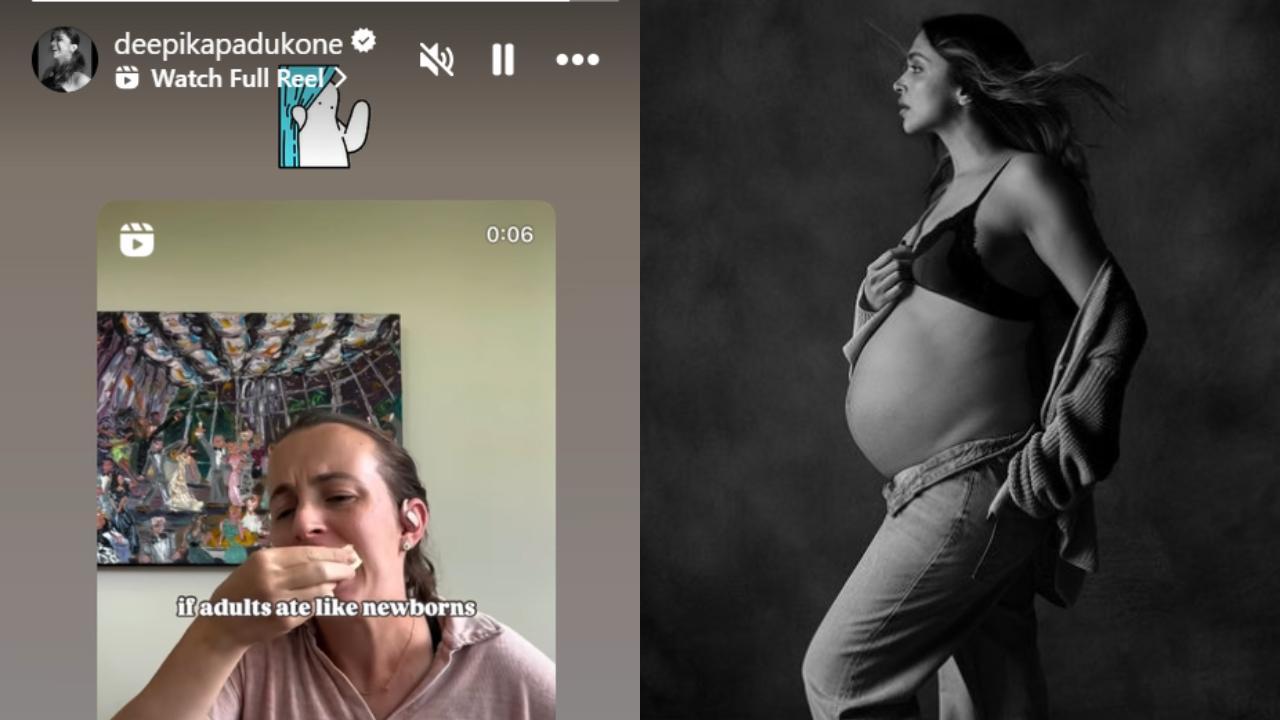‘Strange Darling’ ★★★ 1⁄2 Cast: Willa Fitzgerald, Kyle Gallner, Steven Michael Quezada, Madison Beaty, Bianca Santos, Denise Grayson, Eugenia Kuzmina, Ed Begley Jr. and Barbara Hershey. Directed and written by JT Mollner; produced by Bill Block, Chris Ivan Cevic, Roy Lee and Giovanni Ribisi.
A Magenta Light Studios release. 96 minutes. Rated R (strong bloody content, sexual material, drug use and language).

At AMC Champaign 13 and Savoy 16 IMAX. When Stephen King refers to a film as “a clever masterpiece,” I can’t help but be a bit curious as to if he’s on to something or if this is just hyperbole wisely placed in the respective promotional materials. Such is the case with J.
T. Mollner’s “Strange Darling,” an independent thriller that has built strong world of mouth after being warmly received at a series of film festivals. Distributor Magenta Light Studios is so confident in it, they’re giving it a wide release, the first of their films to get one.
It’s a risk, to be sure, yet its low budget and the willingness of horror fans to take a chance on just about anything with a bit of gore ensures a core audience will take a chance on it. While I wouldn’t refer to Mollner’s film as a “masterpiece,” it is one of the cleverest films I’ve seen in sometime, taking one horror trope after another and turning them on their heads to great effect. Essentially a two-hander, the fierce approach by its two leads paired with the movie’s relentless pace makes for a story that sweeps you away before too many questions can be asked.
This film is best appreciated by going in with as little information as possible, so forgive the vague nature of this summary. Things begin in a truck outside a neon-soaked hotel, where a man (Kyle Gallner) is reveling in his good fortune. He’s managed to pick up the kind of woman (Willa Fitzgerald) many hope to find in a bar but rarely do.
Sexy and flirtatious, she openly tells him what she expects from him once they check in, leaving no doubt this will be a night he’ll remember. Yep, he’s fallen into a field of clover and can’t believe his good fortune. However, the mood is broken when she asks, in all seriousness, if he is a serial killer.
He’s taken aback by this, but she goes on to explain she must be cautious, as she’s aware of the risks she takes when “she decides to have a little fun.” This is how the film starts, but not really. Mollner informs us from the beginning that this is “a thriller in six chapters.
” Then he promptly starts the film with Chapter 3. It’s a bold, invigorating approach that upends the context and perspective of the story. This device causes the viewer to see everything with different eyes in each new chapter and allows Mollner to frame his story in a way that brings a fresh approach to genre conventions.
As the film slides up and down the narrative timeline, from Chapter 3 to 5 to 1, etc., we’re forced to adjust our perceptions of the characters and their motives. I don’t mind being manipulated as long as there’s a consistency in the logic of the story.
Mollner plays fair throughout, as none of the revelations we get along the way come out of left field. Without question, this is a very smart, well-calibrated film that, much like “The Sixth Sense,” invites multiple viewings to marvel at and confirm that all the narrative pieces fit together. What becomes apparent as the story unfolds in its nonlinear manner is that so much of how someone perceives a story is dictated by the person telling it.
And while Mollner is manipulating us, the two principals are doing the same, framing what has happened to each of them in ways that benefit them respectively. It’s an intelligent approach that not only keeps the viewers on their heels but also speaks to greater concerns regarding perception and consent. While the sexual content is explicit, it’s vital to the story, as at the core of the film are the issues of sexual politics and gender expectations, and it throws our assumptions regarding these vital issues and the horror genre in general into question.
There’s far more at play in “Strange Darling” than meets the eye, Mollner following in the long tradition of examining controversial, timely issues within the context of the horror film. This is what elevates it above the usual slasher trash and reminds us of the necessity and importance of the genre. And while a scene of a breakfast for the ages and those of graphic violence may initially come to mind when thinking of the movie, it’s the conversations regarding its theme that will continue to resonate.
.



















